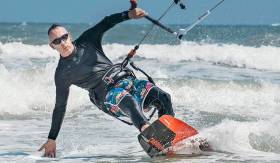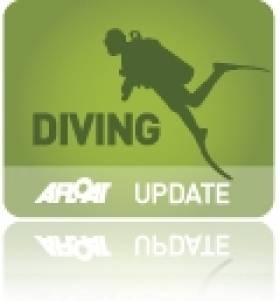Displaying items by tag: Thailand
Tributes To Louth Man Who Died In Thailand Kitesurfing Accident
#Kitesurfing - Tributes have been paid to the Irishman who died in a kitesurfing accident in Thailand last week.
Jonathan Wogan, 43 and originally from Co Louth, was a keen kitesurfer and a regular on the waves near his home in Hua Hin, Thailand where he lived with his wife Zulee and daughter Mia.
Local media reported that rescuers attempted to resuscitate Wogan after pulling him from the sea after the incident around noon local time (7pm Irish time) on Wednesday 20 December.
Irishman Drowns While Diving Off Thailand
#Diving - The Irish Times reports that an Irishman has died in a diving accident in Thailand.
Twenty-nine-year-old Colin Callanan from Cork drowned off the island of Koh Tao off the east coast of the South East Asian country on Friday 12 April.
The exact circumstances surrounding his death have not yet been announced.
Callanan was diving in his spare time while on a work trip to the country. He had been based in Perth, Australia for the last six years, and was employed by an air conditioning firm since 2010.
The Irish Times has more on the story HERE.
Irish Diver Feared Drowned in Thailand
An Irish diving instructor is feared dead on Thailand after separating from his team during a deep dive.
TheJournal.ie has compiled reports that Peter McCarthy was with another diver in Song Hong Lake in southern Thailand last weekend when he signalled his intention to stay behind. But he never resurfaced, and his colleagues now fear the worst.
The 47-year-old, who has lived in Thailand for 10 years, had apparently been leading a group of tourists on a dive, using SCUBA gear that allows divers to reach deeper depths than usual.






























































